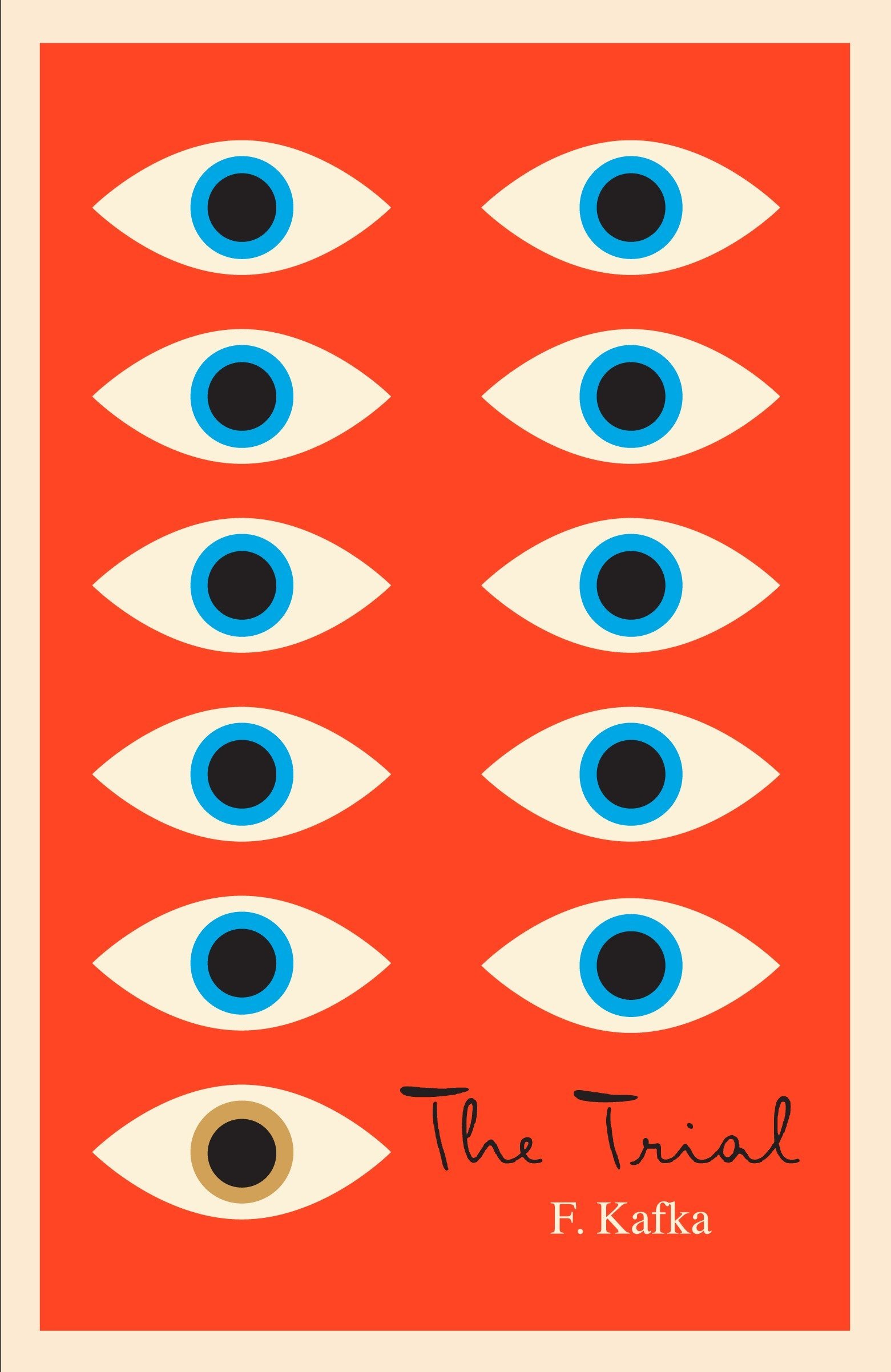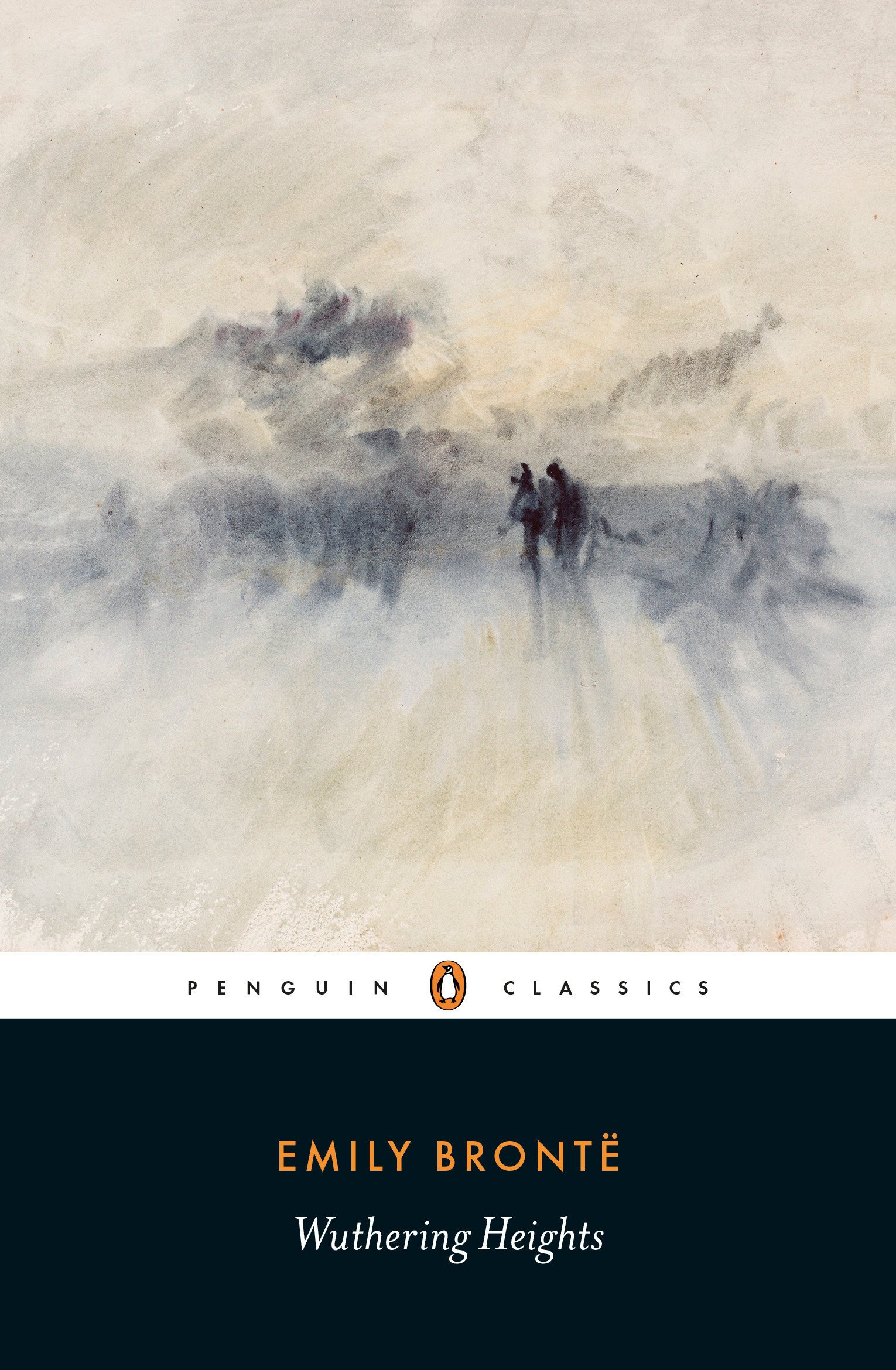The Trial by Franz Kafka
The Trial by Franz Kafka for Beginners
Let's Chat

About This Book
Introduction
The Trial is a very interesting book written by Franz Kafka. It tells the story of a man named Josef K. who wakes up one morning and finds himself arrested for a crime he doesn’t even know he committed! The book takes us on a journey as Josef tries to understand why he is being accused and what he can do to prove his innocence.
Review
The Trial is a mysterious and thought-provoking book that will keep you guessing until the very end. It is filled with suspense and surprises that will make you want to keep turning the pages. The author, Franz Kafka, does a great job of creating a strange and confusing world that Josef K. must navigate through.
The characters in the book are very interesting and unique. Josef K. is a determined and curious man who is determined to find out the truth about his arrest. He meets many strange and sometimes scary people along the way, like the mysterious court officials and the enigmatic painter.
The story is filled with twists and turns that will keep you on the edge of your seat. You will find yourself asking questions like “Why was Josef K. arrested?” and “Will he ever find out the truth?” The book also raises important questions about justice and the legal system.
Analysis
The Trial is a complex book that explores themes of guilt, justice, and the absurdity of the legal system. It is written in a unique and sometimes confusing style, which adds to the mystery and intrigue of the story. The book also raises questions about the nature of truth and the role of the individual in society.
About the Author
Franz Kafka was a famous writer from Prague, which is now part of the Czech Republic. He was known for his unique and imaginative stories that often dealt with themes of alienation and bureaucracy. Kafka’s works, including The Trial, have had a significant impact on literature and continue to be studied and enjoyed by readers around the world.
The Trial by Franz Kafka for Advanced Learners
Let's Chat

About This Book
Introduction
“The Trial” is a novel written by Franz Kafka, a prominent figure in 20th-century literature. Published posthumously in 1925, the book is a profound exploration of the human condition through the lens of a surreal and disorienting legal drama. The narrative follows the protagonist, Josef K., who wakes up one morning to find himself arrested for an unspecified crime. The story unfolds as Josef K. tries to navigate the labyrinthine legal system, seeking justice and clarity.
Review
“The Trial” is a compelling and thought-provoking novel that delves into the themes of guilt, justice, and the absurdity of bureaucratic systems. Kafka’s unique narrative style, characterized by its dreamlike quality and dark humor, creates an unsettling and captivating reading experience. The protagonist’s struggle against an opaque and unyielding system resonates with readers, making the novel a timeless critique of authoritarianism.
The book’s strength lies in its ability to provoke introspection and discussion. Kafka’s portrayal of a faceless, impersonal bureaucracy that operates on its own logic is both disturbing and fascinating. The protagonist’s futile attempts to understand and navigate this system highlight the individual’s powerlessness against institutional structures.
However, “The Trial” is not an easy read. Kafka’s writing style, while masterful, can be dense and challenging. The narrative is filled with ambiguities and paradoxes, reflecting the protagonist’s confusion and frustration. The novel’s ending, which is abrupt and unresolved, may leave some readers unsatisfied. Despite these challenges, “The Trial” is a rewarding read for those willing to engage with its complexity.
Analysis
“The Trial” is a profound exploration of existential themes. Kafka uses the absurdity of Josef K.’s situation to examine the human condition, particularly the feelings of guilt and anxiety that pervade our existence. The protagonist’s arrest and trial, despite his apparent innocence, suggest that guilt is inherent in the human condition, independent of any actual wrongdoing.
The novel also critiques the dehumanizing effects of bureaucracy. The legal system in “The Trial” is a labyrinthine structure that operates independently of human logic or morality. This system, with its endless paperwork and arbitrary rules, reduces individuals to mere cogs in the machine, stripping them of their humanity and dignity.
Furthermore, “The Trial” explores the theme of power and its abuse. The legal system, represented by the Court, wields absolute power over individuals, subjecting them to its whims without any accountability. This power dynamic reflects Kafka’s concerns about authoritarianism and the potential for abuse in systems of power.
About the Author
Franz Kafka was a German-speaking Bohemian novelist and short-story writer, widely regarded as one of the major figures of 20th-century literature. Born in Prague in 1883, Kafka lived through a period of rapid industrialization and political change in Central Europe. His work, which fuses elements of realism and the fantastic, typically features isolated protagonists faced by bizarre or surrealistic predicaments and incomprehensible social-bureaucratic powers.
Kafka’s best-known works include “The Metamorphosis”, “The Trial”, and “The Castle”, all of which explore themes of alienation, guilt, and the absurdity of existence. Despite his relatively small body of work, Kafka has had a profound influence on literature, inspiring a whole genre of literature known as “Kafkaesque”. He died in 1924, leaving many of his works unfinished. These were published posthumously by his friend Max Brod, who ignored Kafka’s wish to have his manuscripts destroyed.








